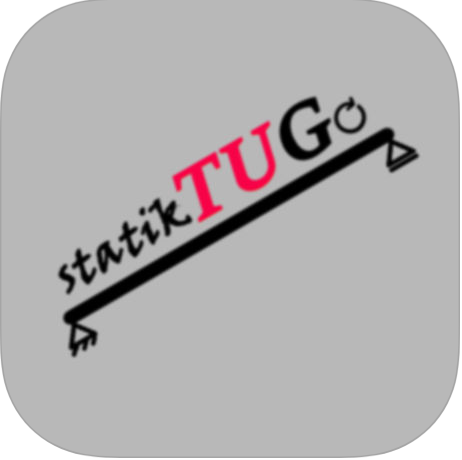 Eine sehr spannende App hat die TU Graz, genauer das Institut für Baustatik, in die Stores gebracht und zwar „statikTUGo“.
Eine sehr spannende App hat die TU Graz, genauer das Institut für Baustatik, in die Stores gebracht und zwar „statikTUGo“.
Die App statikTUGo kann eingesetzt werden, um die Gesetze der Baustatik anschaulich und interaktiv zu demonstrieren und somit ein Gefühl für die Grundsätze und Prinzipien zu verschaffen. Die intuitive Steuerung und Reduziertheit im Design erlauben dem Benutzer eine natürliche und geradlinige Bedienung – mit dem Fokus auf das Wesentliche: Baustatik.
Die Baustatik als Teilgebiet der Mechanik ist die Theorie zur Beschreibung des Verhaltens ruhender fester Körper im Gleichgewichtszustand. Methoden zur Berechnung von Deformationen und Spannungen in statischen Systemen dienen im konstruktiven Ingenieurbau der Analyse von Tragstrukturen. Neben der Überführung von realen Konstruktionen und Einwirkungen zu statischen Ersatzsystemen und dazugehörigen Lasten ist die Beurteilung der Tragfähigkeit und
Gebrauchstauglichkeit ein wesentlicher Bestandteil der erforderlichen Nachweisführung im Planungsprozess.
Untersuchungsergebnisse baustatischer Analysen liefern PlanerInnen und Entwerfenden elementare Aufschlüsse über die wesentlichen Eigenschaften des Tragwerksmodells und erlauben eine Identifizierung kritischer Detailpunkte, unterstützen im Entwurfsprozess oder liefern wichtige
Hinweise zu effizienterem Design oder optimiertem Werkstoffeinsatz.
Die Entwicklung hin zu immer leistungsfähigeren Computerarchitekturen im kommerziellen Sektor ermöglicht den Einsatz fortschrittlicher Methoden und Berechnungsverfahren in der Analyse von Tragwerken. Demzufolge steigt die Bedeutung des Wissens um den Einsatz von Statikprogrammen
und im Besonderen der Interpretation der Ergebnisse.
Die Ausbildung von konstruktiven Ingenieuren, Architekten und anderen am Entwurfsprozess beteiligten Personen muss einerseits die theoretischen Grundlagen der Baustatik und andererseits die Anwendung und Interpretation von Software umfassen.
[Link zur App im Google Play Store]
[Link zur App im iOS App Store]

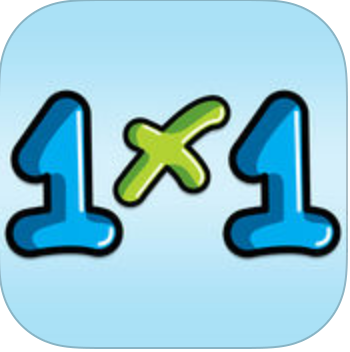
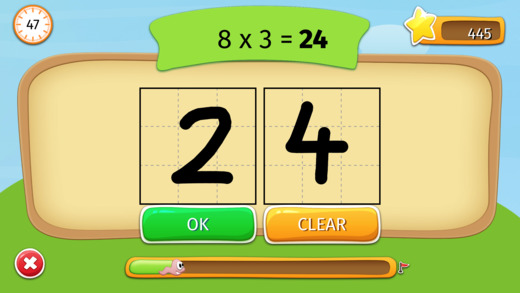

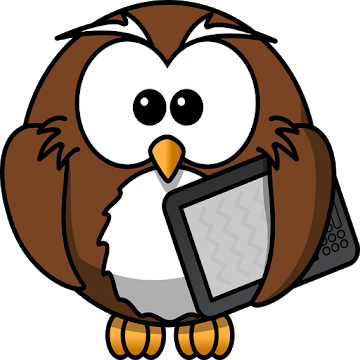
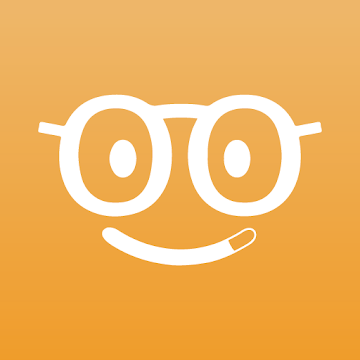
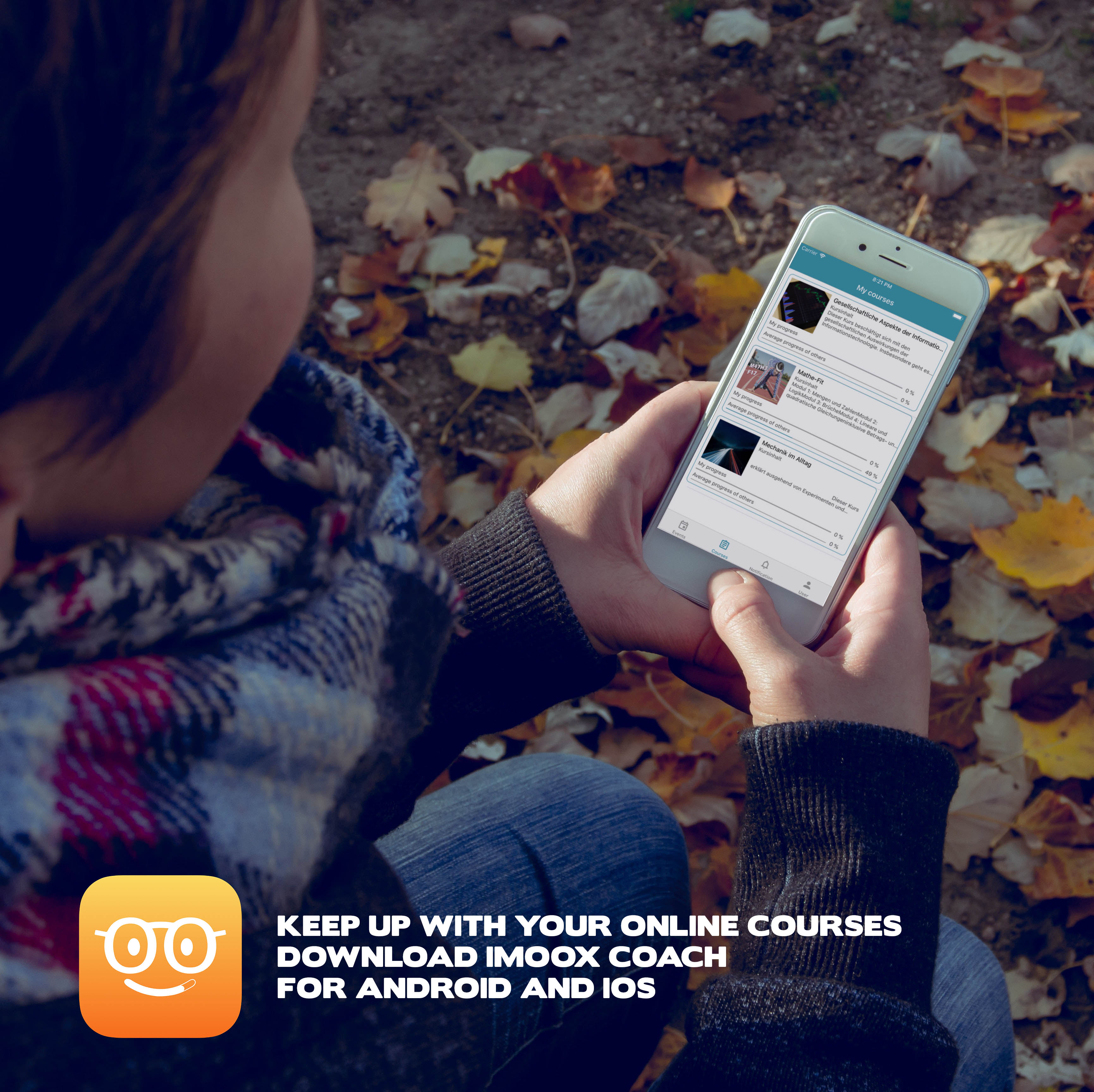

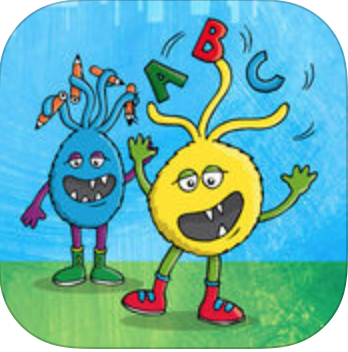 Unser
Unser